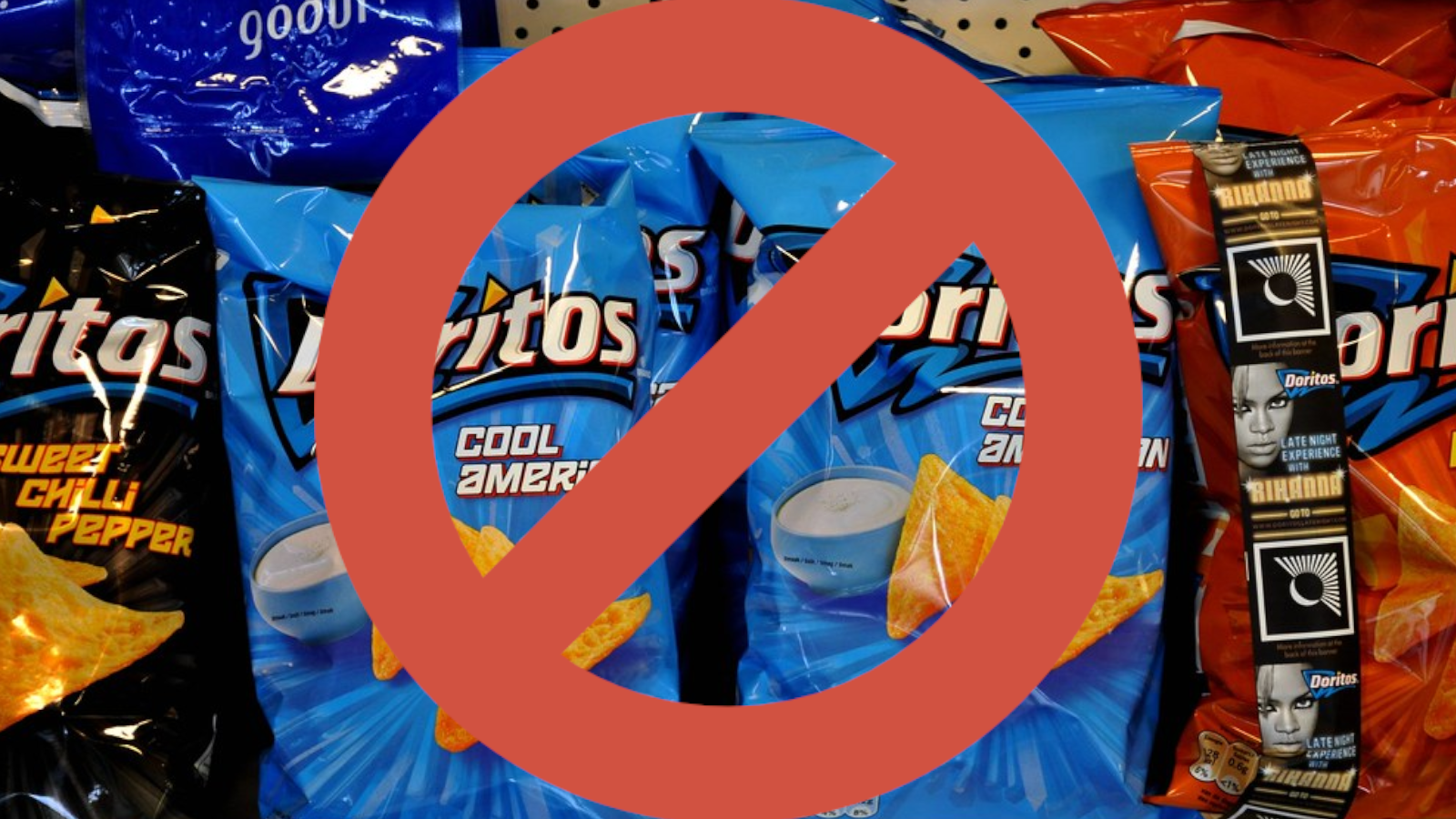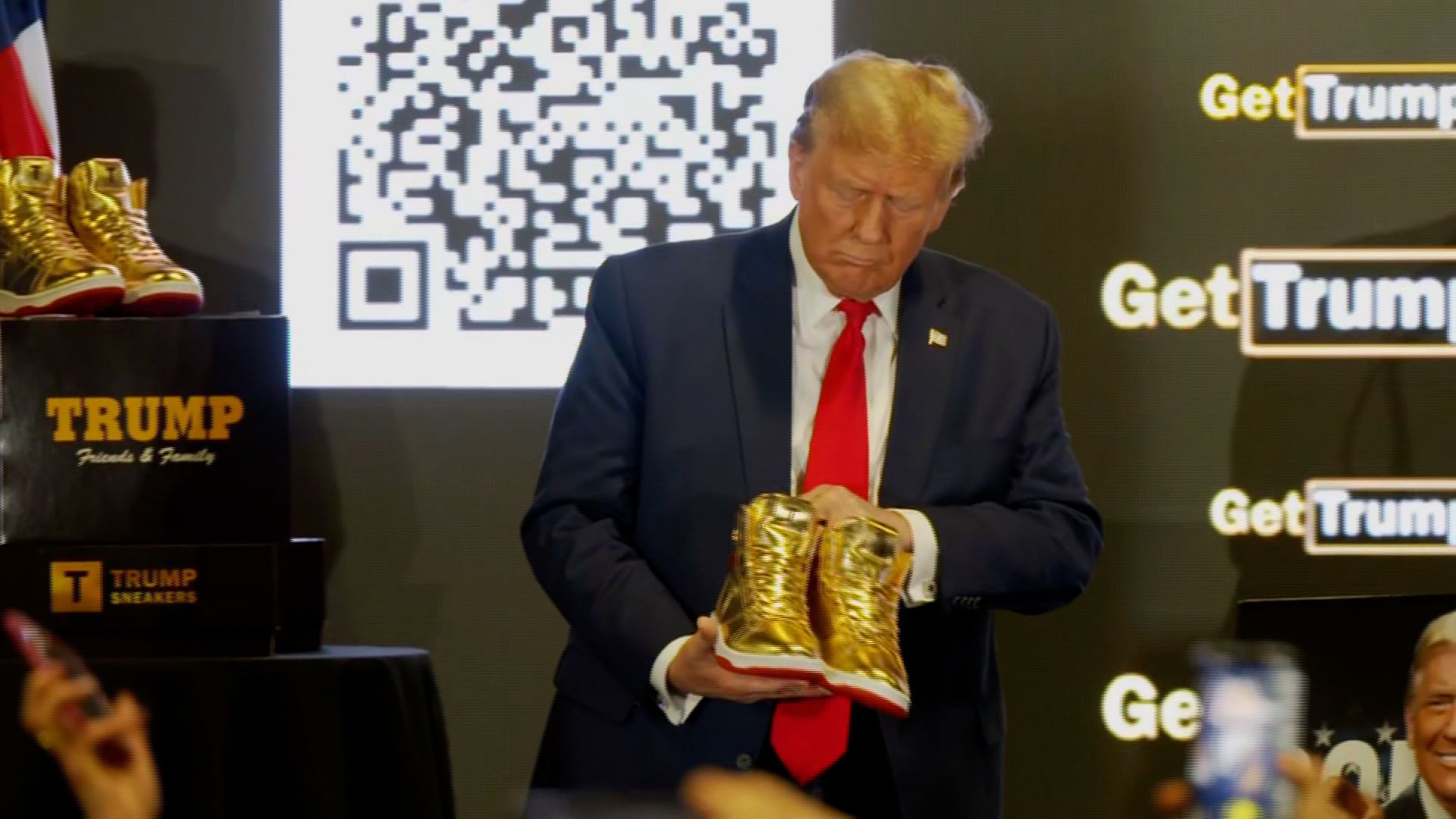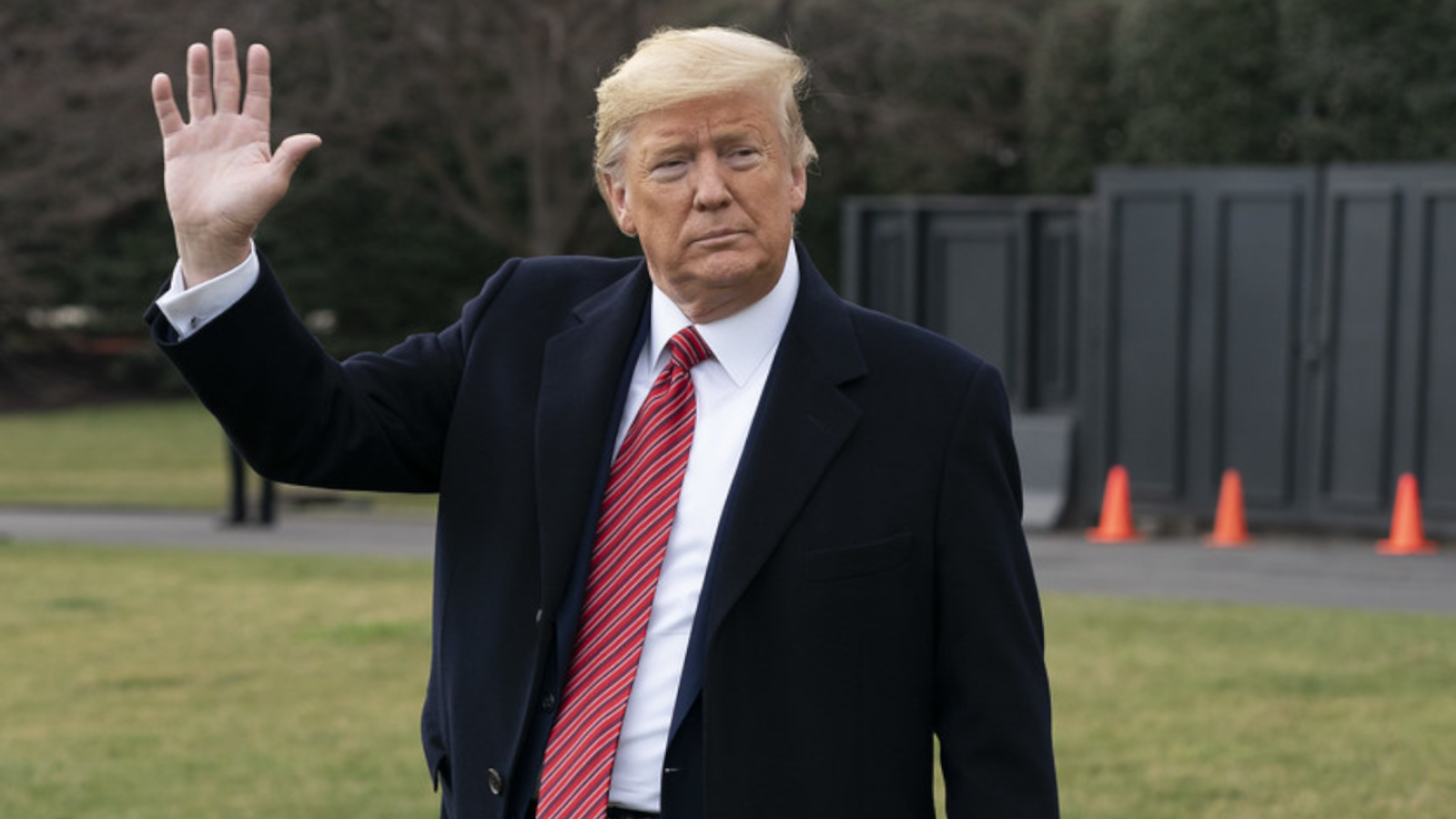In recent developments that have stirred considerable controversy and ignited calls for boycotts, Doritos has made a contentious decision by appointing Samantha Hudson as their brand ambassador in Spain.
This move has drawn significant backlash from conservative circles and sparked a wider conversation about corporate responsibility and the alignment of brand values with consumer expectations.
Samantha Hudson, who identifies as a non-binary trans girl, has been a polarizing figure due to past statements that have been widely criticized and deemed offensive by many.
The controversy centers around allegations of inappropriate comments regarding sensitive subjects, which have fueled the fire for those advocating for a boycott of Doritos.
This incident follows a similar outcry against Bud Light for their partnership with Dylan Mulvaney, suggesting a growing trend of consumer pushback against companies seen as embracing controversial or “woke” figures.
The backlash against Doritos and Bud Light represents a larger cultural battle over corporate endorsements and the role of brands in societal discussions.
Critics argue that these companies are alienating a significant portion of their consumer base in an attempt to appear progressive or inclusive, without fully considering the broader implications of their choices.
For supporters of President Trump and the MAGA movement, this incident is seen as emblematic of the broader cultural and political divide.
The decision by Doritos to align with a figure like Samantha Hudson is viewed as another example of corporate America’s drift towards values that clash with conservative principles and the traditional American way of life.
This situation underscores the perceived disconnect between large corporations and the values of everyday Americans, a theme that has been central to Trump’s messaging and appeal.
The MAGA movement, with its emphasis on American pride, traditional values, and skepticism of the “woke” culture, finds validation in these controversies.
They bolster the argument that there is a concerted effort among elites, including major corporations, to push an agenda that is out of step with the beliefs and values of a significant portion of the American populace.
From a political standpoint, incidents like these serve as rallying points for Trump and his supporters.
They highlight the contrast between Trump’s vision for America—one that emphasizes patriotism, traditional values, and a rejection of political correctness—and the direction that critics argue Democrats and their allies in corporate America are taking the country.
By focusing on these cultural flashpoints, Trump can galvanize his base, drawing a clear line between his policies and those of his opponents, whom he often accuses of being out of touch with the American people.
The implications of the Doritos controversy extend beyond the immediate backlash.
They touch on broader questions about the role of businesses in cultural and political discussions, the limits of inclusivity and diversity initiatives, and the potential for consumer backlash against brands that are perceived to be taking sides in contentious debates.
For the MAGA movement, this is seen as an opportunity to assert the strength and influence of conservative consumers and to push back against what they view as the encroachment of progressive values into all areas of American life.
Looking ahead, we can anticipate that controversies like the one surrounding Doritos will continue to emerge as businesses navigate the complex interplay between brand values, consumer expectations, and cultural sensitivities.
For Trump and his supporters, these incidents provide fodder for criticism of the “woke” culture and the entities that embrace it, reinforcing their message that Trump represents a bulwark against these trends.
In conclusion, the Doritos boycott call is more than just a reaction to a specific endorsement decision; it is a manifestation of the ongoing cultural and political battle lines that define our times.
For the MAGA movement and Trump, it underscores the broader narrative of standing against a culture and political ideology that they believe undermines traditional American values.
As Trump positions himself for the 2024 presidential race, leveraging these cultural flashpoints will likely remain a key strategy in mobilizing support and drawing distinctions between his vision for America and that of his opponents.



